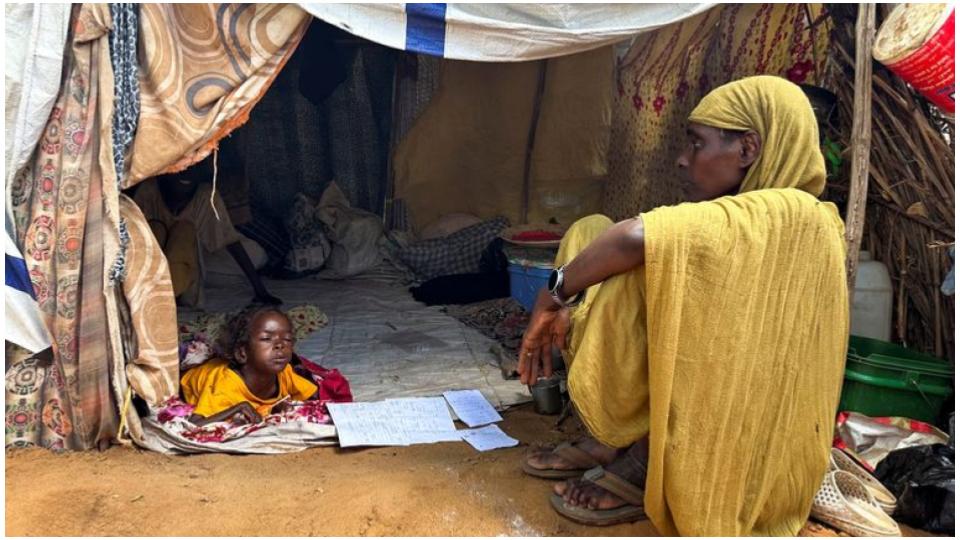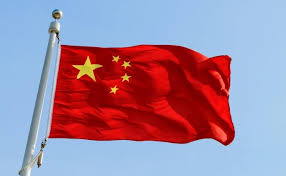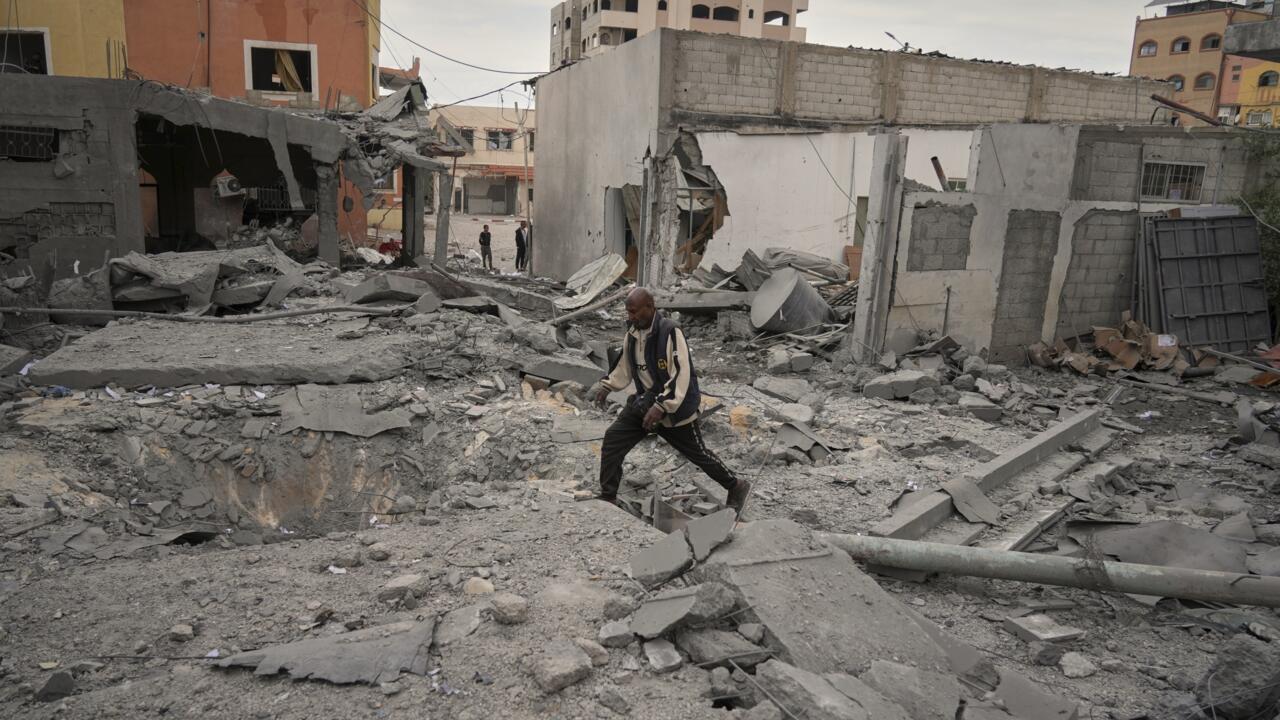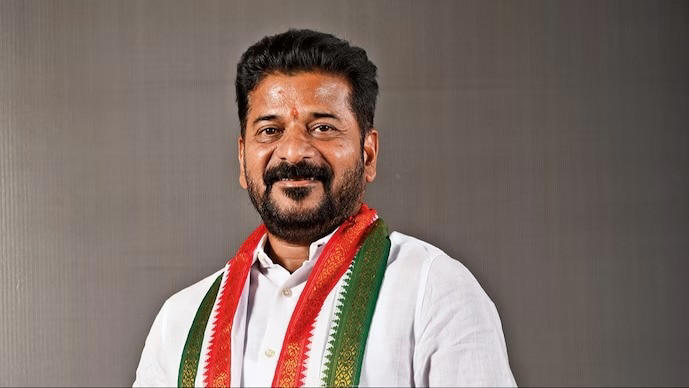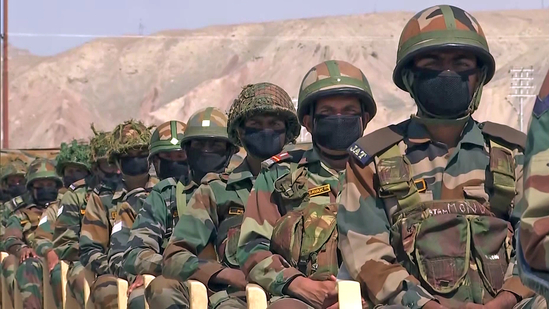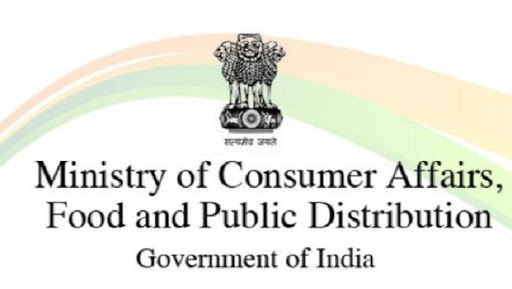UN gives $20 million to scale up Ukraine humanitarian aid
Fri 25 Feb 2022, 13:11:24
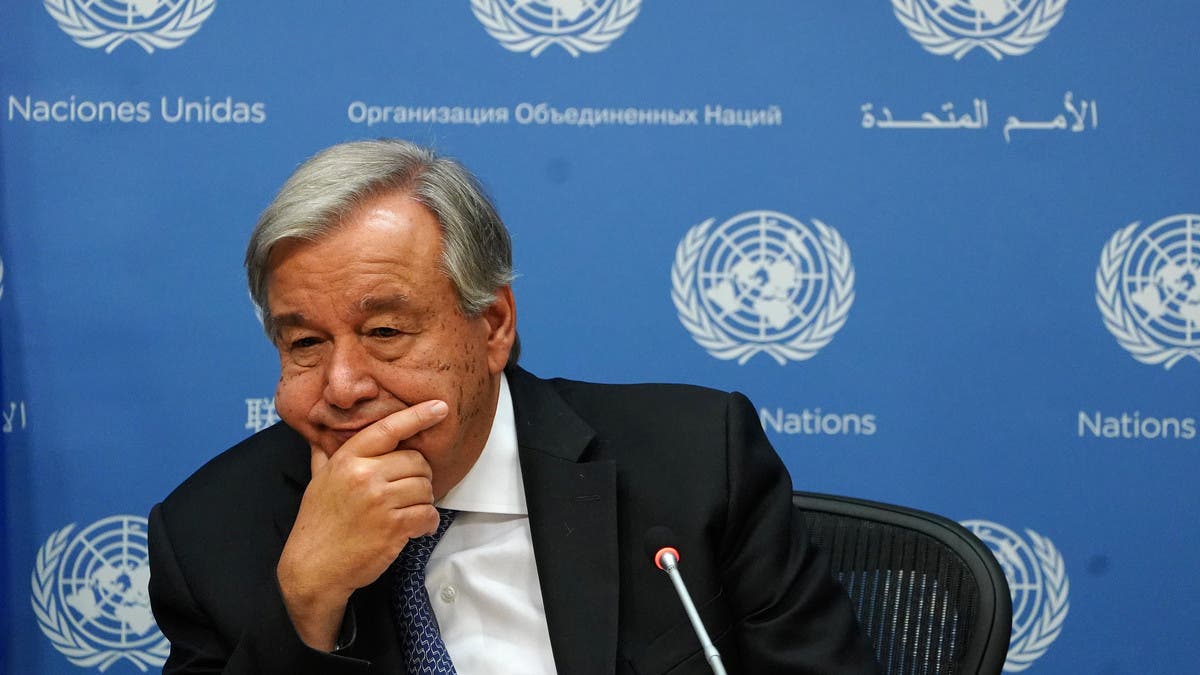
United Nations: The United Nations has announced that it is immediately allocating $20 million to scale up UN humanitarian operations in Ukraine following Russia's invasion.
Secretary-General Antonio Guterres made the announcement on Thursday, saying the UN and its humanitarian partners are committed to staying and delivering, to support people in Ukraine in their time of need...regardless of who or where they are.
With deaths rising, we are seeing images of fear, anguish and terror in every corner of Ukraine, the UN chief said. People -- everyday innocent people -- always pay the highest price.
UN humanitarian chief Martin Griffiths said the $20 million from the UN's Central Emergency Response Fund will support emergency operations along the contact line in eastern Donetsk and Luhansk and in other areas of the country, and will help with health care, shelter, food, and water and sanitation to the most vulnerable people affected by the conflict.
David Beasley, executive director of the UN World Food Programme, expressed deep concern at the potential impact of the conflict on access to food for civilians in conflict areas.
A WFP team is on the ground and ready to step in provided that access is
granted and resources are available, he said. We appeal to all parties to ensure that affected communities have continued access to any humanitarian support they may require and that the safety of humanitarian staff on the ground is guaranteed.
granted and resources are available, he said. We appeal to all parties to ensure that affected communities have continued access to any humanitarian support they may require and that the safety of humanitarian staff on the ground is guaranteed.
Beasley said WFP operated in eastern Ukraine from 2014-2018, where Russian-backed separatist have been at war with the government, reaching more than one million people through cash, food vouchers or locally purchased food rations.
The agency operated in both government- and non-government-controlled areas and remains committed to support all affected populations in Ukraine and neighboring countries as needed, he said.
The Black Sea basin is one of the world's most important areas for grain and agricultural production, and the food security impact of the conflict will likely be felt beyond Ukraine's border, especially on the poorest of the poor, Beasley warned in a statement.
He also warned that interruption to the flow of grain out of the Black Sea region will increase prices and add further fuel to food inflation at a time when its affordability is a concern across the globe following the economic damage caused by the Covid-19 pandemic.
No Comments For This Post, Be first to write a Comment.
Most viewed from International
Most viewed from World
AIMIM News
Latest Urdu News
Most Viewed
May 26, 2020
Do you think Canada-India relations will improve under New PM Mark Carney?
Latest Videos View All
Like Us
Home
About Us
Advertise With Us
All Polls
Epaper Archives
Privacy Policy
Contact Us
Download Etemaad App
© 2025 Etemaad Daily News, All Rights Reserved.






.jpg)
.jpg)


.jpg)
